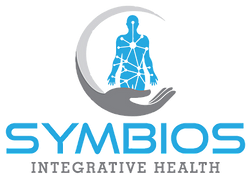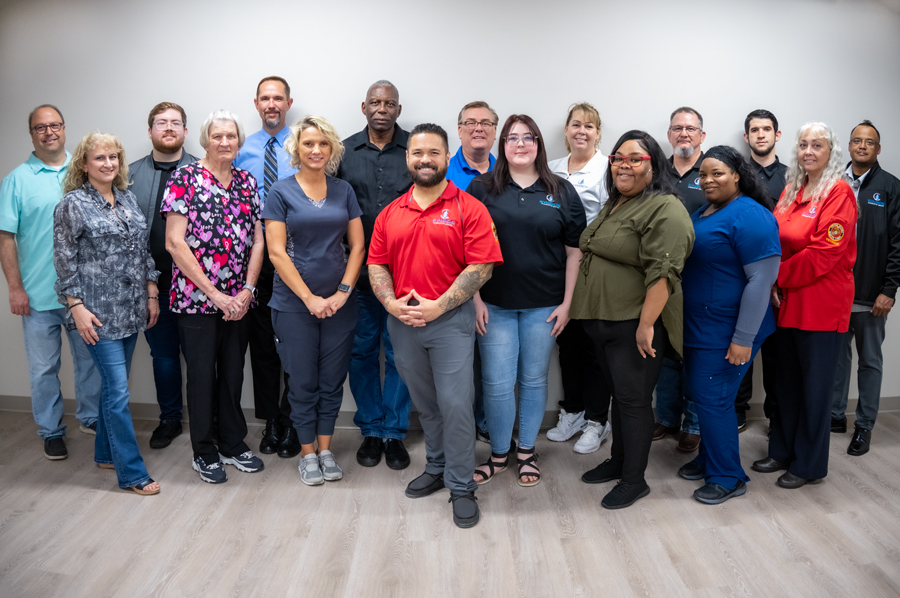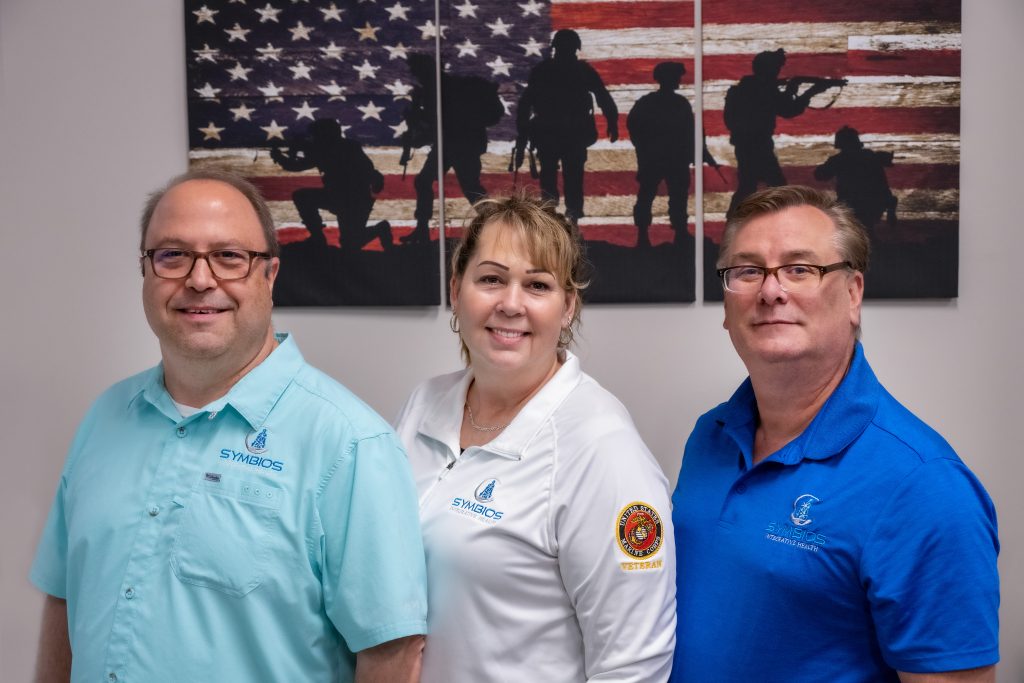
The VECTTOR Therapy system is available at Symbios Integrative Health. Please call our office at 469-983-1300 to schedule an appointment and learn more about the VECTTOR Therapy System.
Products
- Behavioral Health Assessments
- Counseling Services
- Health Risk Assessment (HRA)
- Vecttor Current Therapy Device
- Neuro Diagnostic Testing
- Autonomic Nervous System Testing (ANS)
Get Started
About
This organization has been formed to dramatically reduce and/or eliminate barriers to various healthcare needs that affect many veterans. We strive to improve the lives of veterans suffering from various chronic and acute conditions, as well as PTSD. We are committed to serving all veterans, regardless of financial and insurability circumstances.

